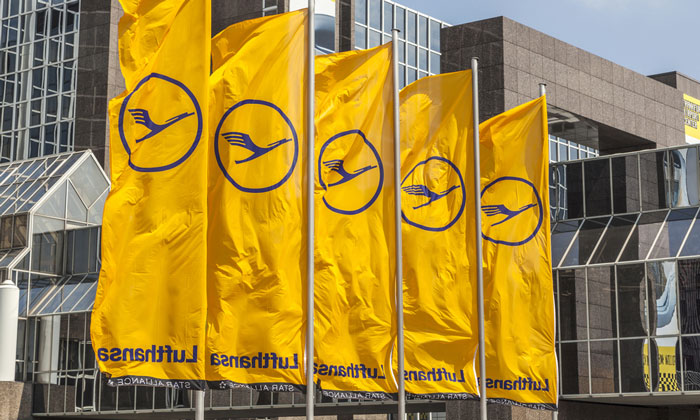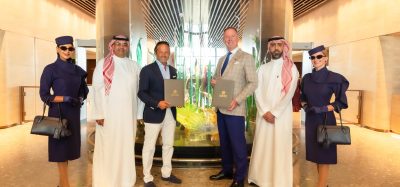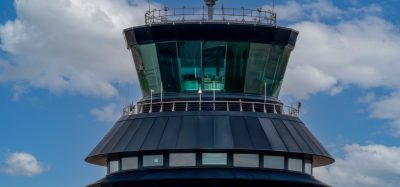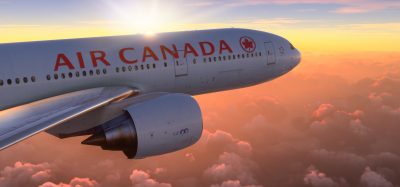Lufthansa Group CEO Carsten Spohr on A4E’s first year and the priorities for 2017
Posted: 30 March 2017 | Airlines 4 Europe | No comments yet
Lufthansa Group CEO Carsten Spohr on A4E’s first year and the priorities for 2017. He is also the association’s new Chair for the next twelve months.


A4E was launched in January 2016, becoming operational last April – with the first year now completed, how do you rate the association’s success in Brussels?
After less than twelve months being active in Brussels, A4E has achieved a lot. Given the fact that we operate with a small and dedicated team in a very tough political environment, we already have seen first important results. We can look back on a year of successful membership growth and the launch of a number of high profile campaigns, including those on airport charges and Air Traffic Control strikes. Together with partners in Italy, we have stopped another increase of aviation taxes, which would have had a negative impact on Italian tourism and also put many jobs at risk. Tourism plays a major role in the EU economy and is the third-largest social-economic activity in the EU, generating over 5% of EU GDP. The EU Commission needs to put the tourism sector back into the spotlight – there are hardly any better programmes to tackle high rates of youth unemployment in Southern Europe.
One of your most visible campaigns refers to the impact of Air Traffic Control strikes. Can this issue be solved? Unions accuse A4E of undermining employees’ right to strike.
Air traffic management (ATM) services are an essential enabler of air transport operations in Europe. Conduct of ATM depends on the skills of a relatively small number of 15,000 air traffic control officers across the EU. These specialists are highly respected for their skills. However, they also enjoy market power through their ability to withhold those same skills. During the past seven years, many controller strikes have occurred. These have imposed high costs on airlines and their customers with knock-on impacts on the wider economy. We have agreed with the Civil Air Navigation Services Organisation (CANSO), representing Europe’s air navigation service providers, to work together constructively to enhance the performance of Europe’s air traffic management network in the future. Political, operational and technological solutions exist for a problem that affects the whole continent. These solutions would make it possible to limit the impact of such strikes on travellers and business, without questioning controllers’ fundamental right to strike.
A4E’s next CEO gathering will be in October, focusing on airport charges. What is your concern and what do you expect from the European Commission?
The main findings of A4E have been that regulation should apply to all airports which enjoy significant market power in order to ensure that airports do not abuse their monopoly position, that charges are reflective of efficient costs, and that aeronautical and commercial activities at airports are always interlinked, as they are too often separated in the determination of charges. To tackle these and many other issues, we are calling for a reform of the EU Airport Charges Directive, which remains largely inadequate and ineffective in both its content and its implementation. Therefore, we are actively involved in supporting the Commission in evaluating the Airport Charges Directive. This evaluation should be finished by the 3rd quarter of 2017, and we hope for an amended directive to be issued as soon as possible afterwards. An efficient regulation will lead to lower charges.
At the end of last year, the UN aviation organisation ICAO passed a resolution calling for a cap on CO2 emissions from international aviation from 2020 onwards. How do you rate the impact on the EU ETS for airlines?
A4E expects the EU institutions to unconditionally support the ICAO agreement. We call upon the European Parliament and the Council to conclude the current legislative process to change the EU ETS well ahead of the deadline in spring 2018. The ICAO scheme needs to replace the EU ETS once it kicks off; European operators must not be regulated twice with separate, overlapping measures and a duplication of administrative obligations. The global scheme will complement industry efforts to develop cleaner aircraft, switch to low-carbon fuels and operate more efficiently.
Join our free webinar: Beyond silos: How ecosystem thinking elevates the airport experience
In today’s complex aviation landscape, airports are moving beyond siloed operations to embrace a new era of collaboration. This webinar focuses on how leading airports are using ecosystem thinking to adapt, personalize, and continuously improve every touchpoint, boosting both passenger satisfaction and non-aeronautical revenue.
Date: 13 Nov | Time: 10:00 GMT
REGISTER NOW TO SECURE YOUR SPOT
Can’t attend live? No worries – register to receive the recording post-event.
Related topics
Aeronautical revenue, Air traffic control/management (ATC/ATM), Economy

















